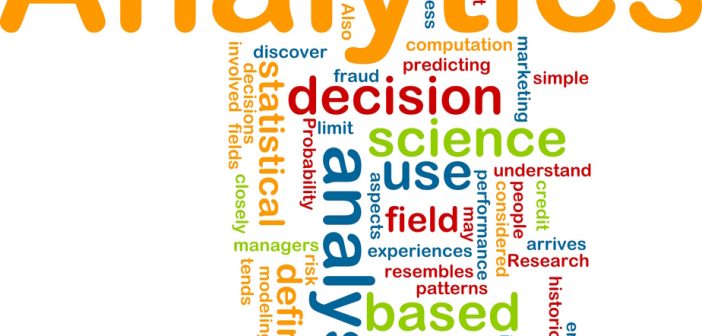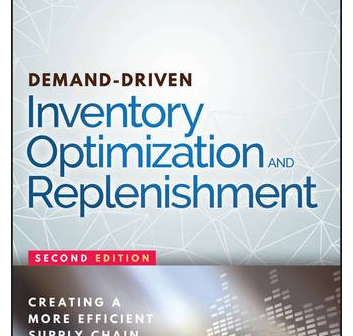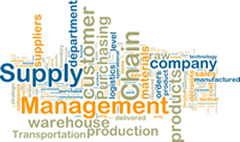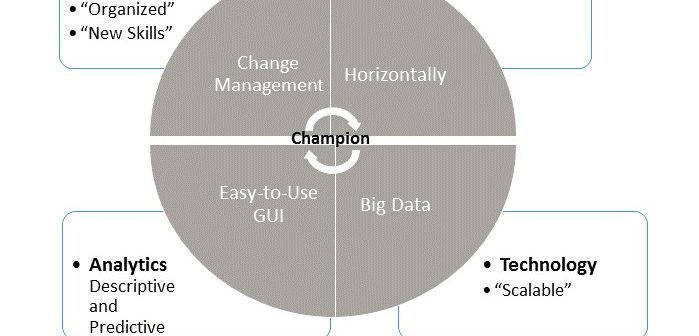
Robert Handfield, PhD, is a distinguished professor of Supply Chain Management at North Carolina State University and Director of the Supply Chain Resource Cooperative. In an episode of the Health Pulse Podcast, Handfield gave his views regarding the challenges health care and life science companies have encountered over the past two years










